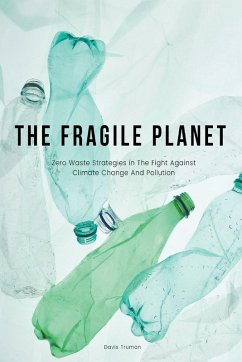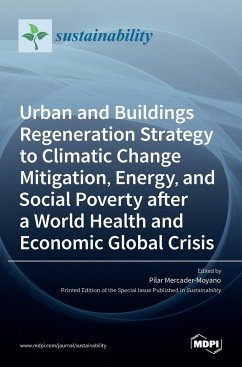The climate crisis has severe implications for human health, exacerbating extreme heat stress, disease outbreaks, malnutrition, and trauma. Vulnerable populations, with limited means to adapt to climate change, bear the brunt of these impacts. The concept of Climate Justice and Equity emphasizes that developed nations and industries, which have exploited natural resources to achieve wealth, must take responsibility for their greenhouse gas emissions. The resulting climate crisis has led to a deep-seated structural inequality, disproportionately affecting marginalized communities. Those with the least resources to adapt to abrupt changes face increased risks to their health, food security, water, energy, sanitation, and livelihoods. Climate Justice suggests that countries, industries, and individuals that have profited from emitting greenhouse gases must shoulder the burden of climate change's effects, particularly in vulnerable countries and communities. Climate justice is about putting equity and human rights at the core of decision-making and action on climate change. The increasing human mortality rates from floods, droughts, and storms in the decade 2010-20 underscore the relevance of this topic. Climate justice is crucial for a just transition toward a sustainable future, addressing systemic, socioeconomic, and inter-generational inequalities. A recent seminar, "Sources of Planet Energy, Environmental & Disaster Science: Climate Justice and Equity" (SPEEDS-2024), was held in Lucknow, India. Sponsored by The Institution of Engineers (India) and Dr. A.P.J. Abdul Kalam Technical University, the seminar aimed to explore climate justice and equity in the 21st century. Technical sessions featured contributions from experts in science, technology, academia, and industry, facilitating in-depth discussions on the burning issue of climate justice. The seminar highlighted the need for climate justice, emphasizing that those who have contributed least to the climate crisis are being disproportionately affected. It is essential to divide responsibilities in addressing climate change according to who is contributing most to the problem, while addressing systemic inequalities. By prioritizing climate justice and equity, we can work toward a sustainable future, ensuring the rights and well-being of all individuals and communities.














